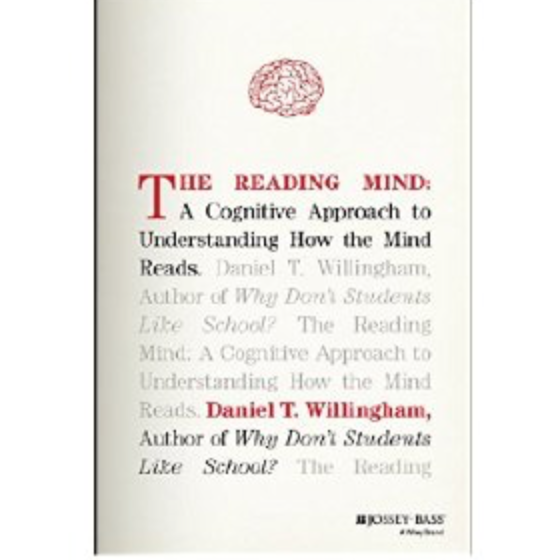Tags
ADHD adolescence attention autism book review boundary conditions classroom advice conference speakers constructivism/direct instruction creativity desirable difficulty development dual coding elementary school embodied cognition emotion evolution executive function exercise experts and novices gender high school homework intelligence long-term memory math methodology middle school mindfulness Mindset motivation neuromyths neuroscience online learning parents psychology reading retrieval practice self-control skepticism sleep STEM stress technology working memoryRecent Comments
- What is cognitive break? – Focuskeeper Glossary on Can Quiet Cognitive Breaks Help You Learn?
- Schools shift toward a new approach to homework – Spartan Shield on “Students Simply Cannot Improve”: Handwritten Notes vs. Laptop Notes
- Weekly Round-Up: 4 October 2024 | Class Teaching on Piece-by-Piece PowerPoint: Exploring the “Dynamic Drawing Principle”
- How Walking In Nature Can Boost Your Mood And Creativity - Goaskuncle.com on Too Good to Be True? “Even Short Nature Walks Improve...
- Replication Studies: Validating Previous Findings in 2024-2025 - Editverse on Messy Science: How to Prepare Students for the Real World...
ABOUT THE BLOG
Monthly Archives: June 2017

This is Your Chess on Ritalin
In movies and on television, chess skill symbolizes “pure intelligence.” Characters who can outwit others…

Montessori: The New Science behind the Century-Old Methodology (part II)
“Freedom in intellectual work is found to be the basis of internal discipline” (*Montessori, 1917/1965)….

Out with the Old…
Articles about learning styles theory–including my own–typically focus on debunking the theory. This article, over…

Memorable Beauty?
Over at Psychology Today, Nate Kornell speculates about the potential memory benefits of taking beautiful notes….

The Reading Mind: A Cognitive Approach to Understanding How the...
Reading is a complex cognitive task. How is it that our minds are able to…
Posted in Book Reviews
1 Comment

Lightening the Cognitive Load
How should we manage working memory limitations in the classroom? Furtheredogogy has a handy post…

(Mis)Understanding Educational Stats
Over at The Anova, Freddie deBoer has a knack for writing about statistical questions and…

Montessori: The New Science behind a Century-Old Methodology (part I)
Maria Montessori described observing children in a traditional classroom as being tantamount to an entomologist…
Posted in L&B Blog
7 Comments

Oxytocin in Crisis
Oxytocin is often described as the “love hormone.” Apparently lots of oxtyocin is swirling around…

